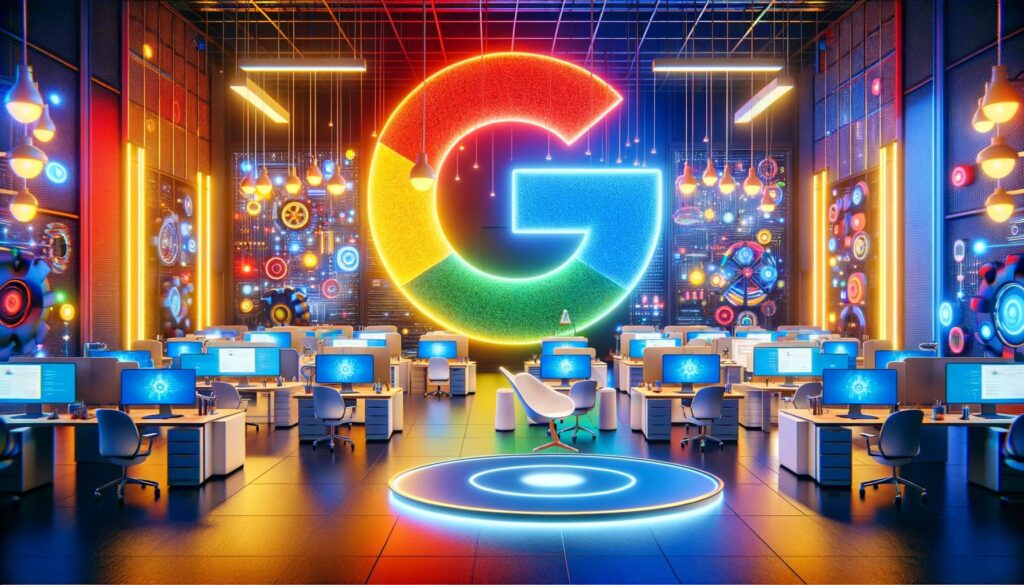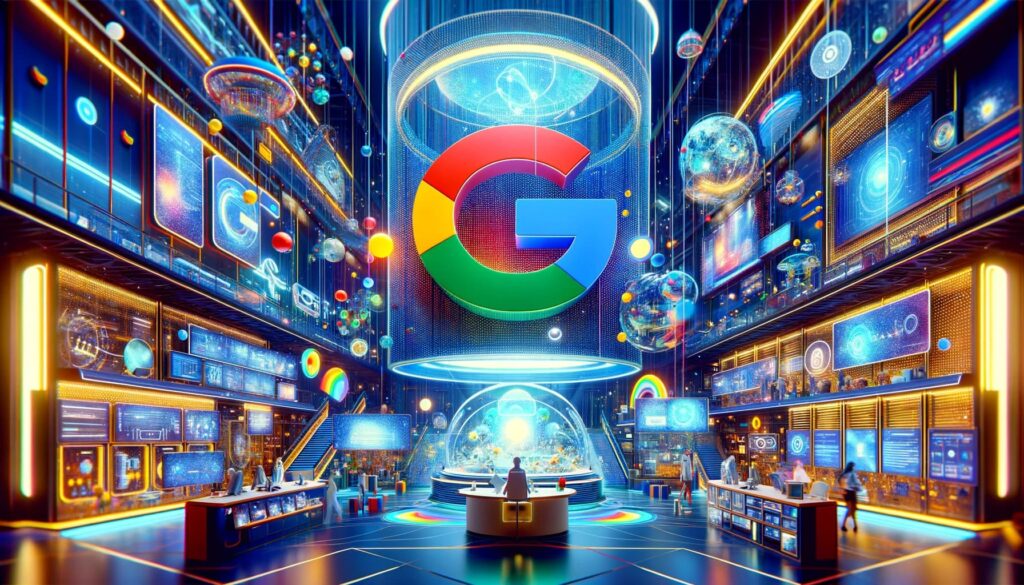
Google's latest venture into artificial intelligence, the Gemini AI, stands as a pivotal development in the ever-evolving AI sector. This innovative technology is set to reshape the AI landscape, offering new capabilities in data, video, and audio processing. This article delves into the essence of Gemini AI, its operational mechanics, and its potential impact on Google's array of products and services.
POINT
Our site is dedicated to providing easy-to-understand explanations with illustrations, making it accessible for beginners who are not familiar with AI generators. We ensure that our articles are structured in a way that even those without technical jargon or foundational knowledge can easily use AI generators and AI tools.
Delivering Reliable Information Based on Proven Experiments

AI Otaku LABO is a specialist media for AI generators, managed by a professional team.
We continuously test over 100 paid and free AI generators, verifying their usability in practice.
Our articles are crafted based on accurate data from proven experiments, ensuring that our readers receive the most reliable information.
●Credibility of AI OTAKU LABO
|
Time Spent in Testing AI Generators |
Over 9,100 hours |
|
Number of AI Tools Tested |
Over 122 Tools |
|
Number of Images Created Using AI |
Over 15,200 Times |
|
Number of Times AI Generator Tool Speed Was Surveyed |
Over 8,690 Times |
※Updated:2026-2
Introducing Google Gemini AI
Sundar Pichai, Google’s CEO, recently heralded a new AI milestone with the introduction of Gemini, Google's most sophisticated language model to date. This significant advancement in AI technology is anticipated to profoundly influence a wide range of Google's offerings. Gemini AI is characterized by its diverse versions, each tailored for specific uses, ranging from the lightweight Gemini Nano for Android devices to the robust Gemini Pro powering Google's AI services and Bard's core functionality. The most formidable version, Gemini Ultra, is being developed for data center and corporate applications and is slated for release next year.
Integrating and Expanding Gemini

Google Gemini Ai
Google has initiated Gemini's rollout through various channels, including Bard, which now employs Gemini Pro, and Pixel 8 Pro, featuring Gemini Nano. Starting December 13th, developers and enterprises will be able to tap into Gemini Pro via Google's Generative AI Studio or Vertex AI on the Google Cloud platform.
While currently limited to English, plans are underway to extend Gemini's language capabilities. The ultimate aim is to seamlessly embed this technology into Google’s search engine, advertising products, Chrome browser, and more, thereby reshaping the future of Google's technological landscape.
Gemini vs. GPT-4: A Comparative Analysis

Google's launch of Gemini positions it as a formidable competitor to OpenAI's GPT-4. Through extensive comparisons across 32 benchmarks by Sundar Pichai and Demis Hassabis of Google DeepMind, Gemini has been shown to surpass GPT-4 in most metrics, especially in handling video and audio, functionalities inherently integrated into Gemini.
Gemini's versatility in processing different data types sets it apart from OpenAI's specialized models for images and voice. Future versions, like Gemini Ultra, are expected to broaden capabilities to include images, videos, and audio. Hassabis envisions Gemini's evolution to encompass understanding actions and tactile interactions, akin to robotic functionalities.
[Related Articles You May Also Like]
Exploring Gemini's Multimodal Capabilities

While Gemini AI primarily processes text, its advanced versions, especially Gemini Ultra, aspire to integrate multiple sensory inputs. Despite challenges like hallucinations and biases, Hassabis believes in the models' increasing proficiency in comprehension and accuracy.
Gemini also excels in coding, demonstrated by AlphaCode 2, a coding generation system that outperforms most coding competition participants. Gemini AI is set to enhance various user tasks, offering an enriched experience in brainstorming, information retrieval, and coding.
Implementing Gemini: Stages and Structure
Gemini's implementation encompasses various phases, including integrating Gemini Pro with Bard, introducing unique features to Pixel 8 Pro through Gemini Nano, and soon enabling access for developers and businesses via Google's AI platforms. Trained on Google's Tensor Processing Units (TPUs), Gemini ensures efficient operations. Coinciding with Gemini's launch, Google introduces the TPU v5p, optimized for training and deploying large-scale models in data centers.
[Related Articles You May Also Like]
Google's Vision for Gemini

Google views the Gemini release as a significant milestone. Pichai and Hassabis emphasize the importance of responsible development and safety, especially as they approach the concept of artificial general intelligence (AGI). This focus is crucial for business-targeted products where content generation AI holds immense value.
Conclusion
With Google Gemini AI, Sundar Pichai's vision of AI as a transformative force is materializing. While Gemini's immediate impact may be gradual, Google envisions it playing a pivotal role, potentially surpassing the influence of the internet.
In the race with OpenAI's ChatGPT, Google remains committed to advancing technology responsibly, poised to explore Gemini's full potential while navigating the complexities of AI development.
[Related Articles You May Also Like]



